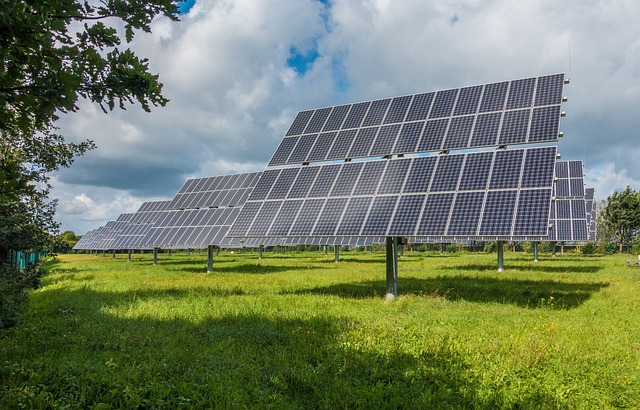Solar panels represent a significant up-front investment for homeowners. However, there are several ways to reduce the cost.
Shopping around as you would for a car or new hiking boots is the most important thing. Getting quotes from multiple installers gives you a sense of fair pricing and weeds out scams.
Determine Your Energy Needs
Many factors affect the average cost of solar panels for your home. Most importantly, it’s important to understand your household’s electricity usage to know how large a solar panel system you need. A professional installer will conduct a free evaluation that includes looking at your current electricity bill to see how many kilowatt hours (kWh) you typically consume per month and assessing your roof for shading and other factors.
Solar panels are sold in watt-hours, so you’ll need to determine how many kWh your solar system will generate each day to determine how many panels you need. Most homeowners buy systems between 6 and 8 kW to cover their energy consumption and offset utility rates. One standard solar panel costs around 65 to 75 cents each, so a system that produces 11,000 kWh annually will cost roughly $15,000 (including hardware, installation, monitoring, and warranty).
Other factors can also increase your solar cost, including additional energy-saving add-ons such as a solar water heater or EV charging station, state rebates or tax credits, and the addition of a solar battery for backup power. Additionally, some states offer property tax exemptions for solar owners or sales tax discounts that can help offset the initial investment. On average, homeowners break even on their solar assets within six to 10 years.
Look for Incentives
As with any major purchase, buying solar panels requires research to ensure you’re making the best decision for your home. In addition to determining your energy needs, consider looking into state, local, and utility rebates that can help offset the cost of solar.
Depending on where you live, solar panel installation costs may differ significantly. This is because labor rates can vary from city to city, and the amount of solar experience a company has also affected prices.
The size of your solar panel system can influence its cost. A larger-wattage system is more expensive but will produce more electricity over its lifetime.
Including a battery with your solar panel system is one of the most underrated costs. These batteries can add up to $8,500 or more to the overall cost of a solar system. With increased savings and backup power protection, this investment can pay off in the long run.
Incentives for residential and commercial solar systems are available at the federal, state, and local levels. Check out the Database of State Incentives for Renewables and Efficiency (DSIRE) for available rebates. Many of these incentives are given to your installer, who will subtract them from their final solar system price. In addition, some homeowners purchase their solar system with one lump sum, while others take out a loan or enter into a Power Purchase Agreement (PPA). Each of these options can also affect how much your solar system ends up costing you.
Shop Around
Like any big investment, you need to do your homework. Look at reviews, certifications, Better Business Bureau profiles, and more for solar companies. Consider small contractors as they offer lower prices and less overhead. Also, compare prices for different solar panel types and wattage ratings. For example, monocrystalline panels can cost more, but they’re considered the best in quality and performance.
Other factors affecting your final solar panel price include inverters, permits, utility fees, and inspections. The Database of State Incentives for Renewables and Efficiency (DSIRE) can help you find policies to reduce these costs. And finally, remember to factor in long-term maintenance and repair costs. Generally, solar panels require minimal care and can last for 20 years or more with little or no change to their energy.
Once you’ve determined how much your home consumes regularly, use an online calculator to determine how many solar panels your home needs. This will give you a good estimate of your system’s cost. Then, comparison shop just as you would with any other big-ticket item to make sure you get the best possible deal on your solar panels and system. With the right system, your monthly electricity bills could soon be a thing of the past.
Get a Quote
The cost of solar panels depends on many factors, including your energy needs and the size of your system. Getting quotes from several retailers is a good idea to ensure you get the best price.
When comparing quotes, look at the total system cost and the price per watt. This will give you a more accurate picture of the cost of each system. Also, be wary of quotes significantly lower than the competition. These companies may be cutting corners or using substandard equipment that lasts only for a while.
If you are concerned about the price of your system, check to see if your local or state government offers any incentives. This can help you save a significant amount of money on your system.
Another great way to reduce the cost of your solar panel system is by implementing net metering. This allows you to offset your electricity usage with excess energy generated by your solar panels when the sun is shining. With the right system, you can produce enough power to offset your energy consumption and then sell the remaining kilowatt-hours back to your utility company. This can help you significantly reduce your electricity bills.









